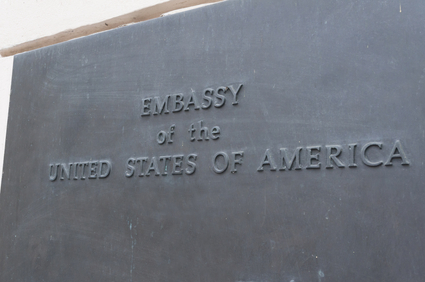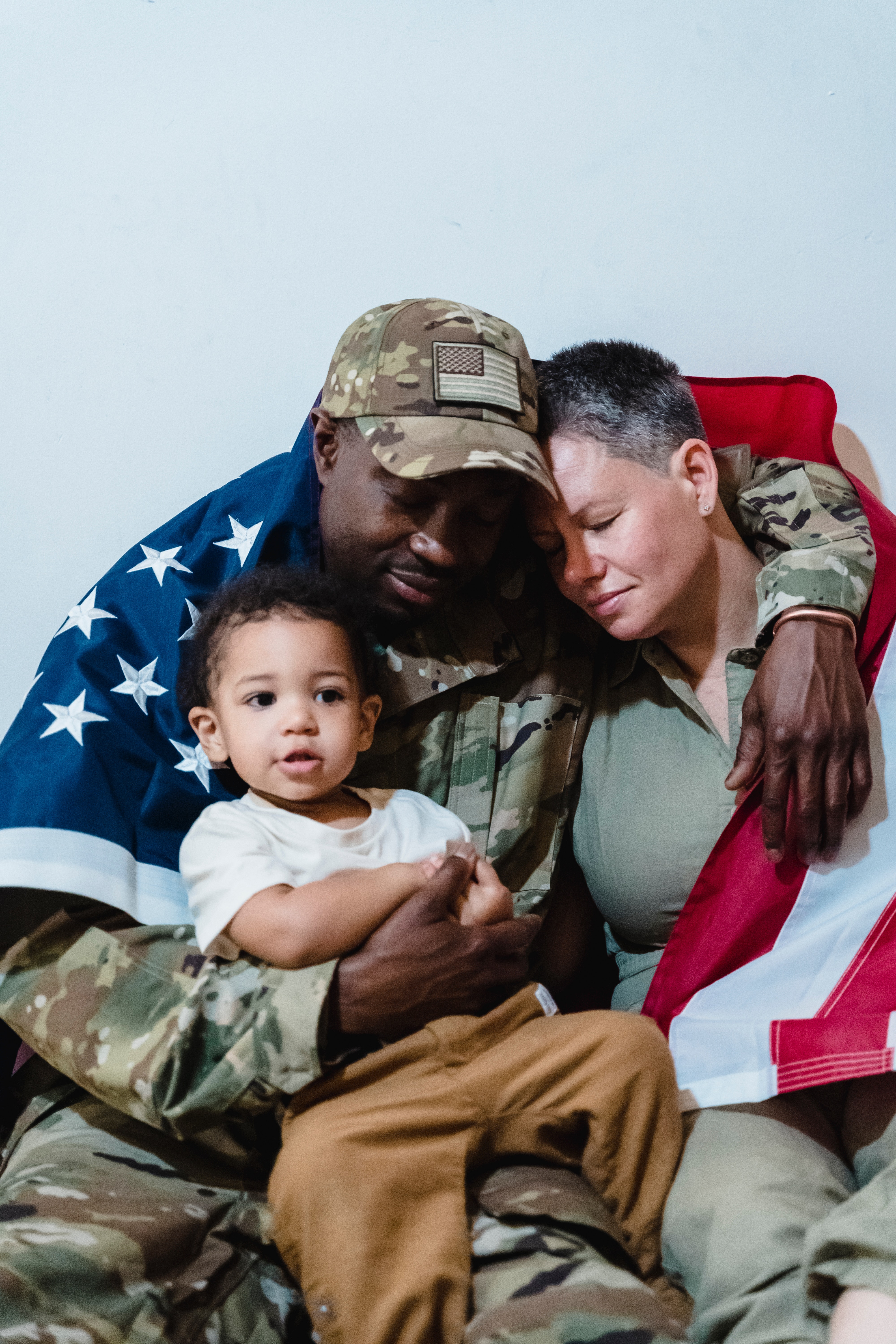When a foreign national initially applies for an Non-Immigrant Visa ("NIV"), federal authorities check to see whether he or she meets certain standards. Once the United States Citizenship and Immigration Services (“USCIS”) approves someone’s petition, there are still several hurdles to surpass.That is why it is vital to retain an immigration lawyer who covers “both ends” -- the Stateside process of obtaining a petition as well as the consular phase in the person’s home country.
The next step after obtaining approval of a petition is to make an appointment at the US embassy in his or her home country for an interview. The person analyzing a given petitioner’s case is a Consular Officer (“CO”). If all goes well, the petitioner will get a “visa stamp” which corresponds to his or her specific approval.
The CO can deny visas based on:
-
The merits of USCIS approval: The embassy’s decision overrides that of the USCIS. That means that, upon reviewing a person’s application, the CO may disagree with USCIS’s determination that the petitioner qualifies for a visa. This decision is, for all intents and purposes, final.
-
Insufficient ties to home country: NIVs are meant for people who will not be staying in the US permanently. Therefore, the CO will be looking for evidence that a petitioner has sufficient ties to their country of origin. Not every visa has this stipulation.
- Prior conviction or infraction: The CO will be especially interested in a petitioner’s legal history, in their native countries and the United States. Anything more grievous than a petty offense can bar entry to an otherwise qualified petitioner. Some things to remember:
- COs have a particular distaste for finding “surprises” in a petitioner’s criminal record, so it is imperative to list everything.
- Arrests or convictions from anywhere on the planet need to be acknowledged.
- It may be possible to obtain a waiver to this kind of bar to entry. Waivers are what serve to lift the legal bar based on past criminal or immigration infractions. All the more reason to hire someone who knows how to handle waiver applications at the specific U.S. consulate where they will apply for their visas.
When choosing an immigration attorney make sure they know how to represent you on a consular level, in addition to preparing the initial visa application -- so you are protected throughout the process and your chances of encountering problems along the way are minimized.
You can follow this link:
Find About More About Consular Processing









